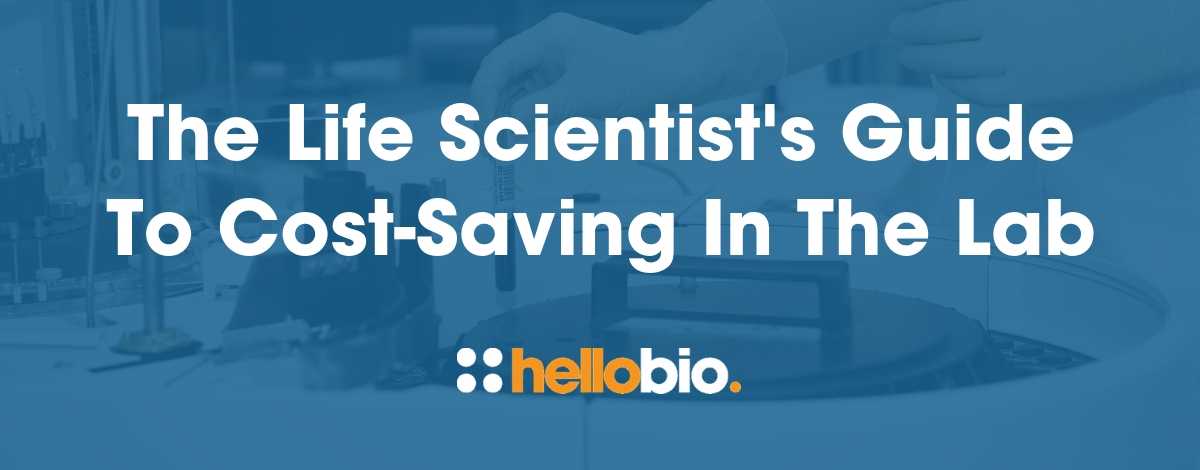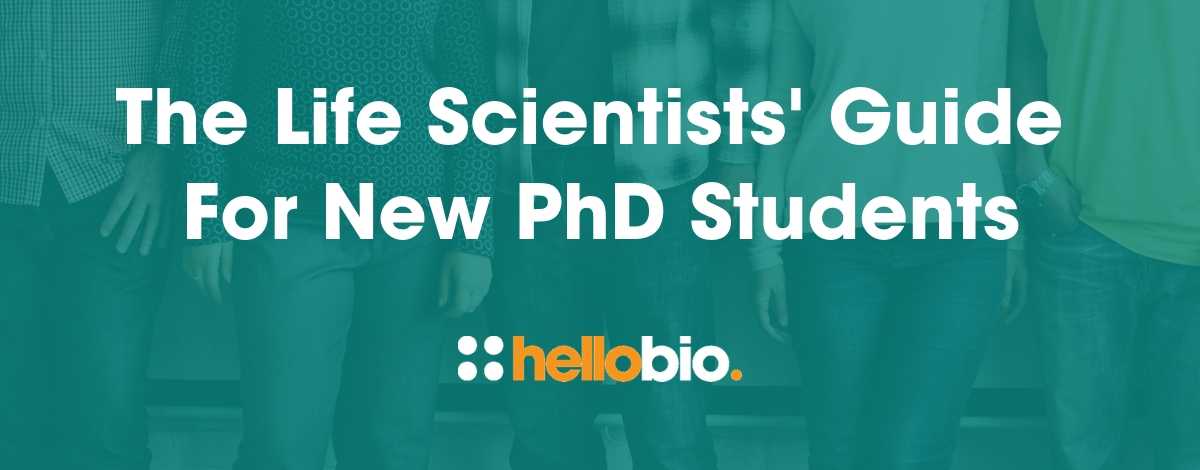Interviews with Scientists: Adele Edwards
Adele is currently in the 3rd year of her PhD in neuroscience at the University of Nottingham. She’s on a four-year doctoral training programme funded by the BBSRC, and her PhD focuses on whether neural stem cells in the spinal cord play a role in pain. Adele uses immunohistochemical approaches to investigate neural stem cell expression in the spinal cord in acute and chronic pain models.
Thanks so much for speaking with us Adele! We'd love you hear a bit more about your PhD...
My PhD focuses on the potential role of neural stem cells (NSCs) in the spinal cord during pain in early life. NSCs are proliferative cells that produce neurones and glial cells in the central nervous system during development. The central canal of the spinal cord is a region that contains a resident population of NSCs that persist into adulthood and there is evidence that after spinal cord injury, often caused by trauma to the spinal cord, these NSCs can proliferate and differentiate in response to the injury. The spinal cord plays a key role in the processing of pain, and my research is looking at whether NSCs in the spinal cord may also play a role in chronic pain. I investigate NSC responses in the spinal cord in inflammatory and neuropathic pain models using NSC markers, Sox1 and Sox2.
What advice would you give to someone just starting their PhD?
I would advise that you find a topic that you’re passionate about, and to look into attending conferences even from an early stage of your PhD. Scientific conferences are a great opportunity to network and learn about current research within your field.
What's the most important lesson you've learned so far in your PhD?
The most important thing I have learned is that not everything in your PhD is going to go as planned. You will need to persevere at times with new techniques and methods, but with hard work you will eventually get there!
What are you most proud of in your career to date?
I’m proud that I was selected to give my first talk at a conference last month and additionally I was granted a fee waiver sponsorship for the conference from Hello Bio. This was the European Neuroscience Conference by Doctoral Students (ENCODS) and presenting at the conference was a great opportunity to get my research out there and engage with others in my field.
Tell us a bit more about what you are working on at the moment...
So far I have investigated NSC expression in the spinal cord during normal postnatal development and in an acute inflammatory pain state. I’m now going on to investigate NSC responses to chronic pain.
What does a typical day in the lab look like for you?
My time in the lab can be busy and varies each day, but an example would be performing immunohistochemistry in the lab, imaging on the microscope and image analysis in the office.
Outside the lab, what do you enjoy doing?
I enjoy running and recently did my first 10K, which was one of the ‘Race for Life’ events for Cancer Research UK. This was a great way to do something that I love, and to raise money for a good cause. Next on my list is to try a half marathon!
What’s your favourite science quote?
“If you know you are on the right track, if you have this inner knowledge, then nobody can turn you off... no matter what they say.” – Barbara McClintock
What do you think is the greatest scientific discovery of all time?
There are so many, but I think that the discovery of penicillin particularly stands out for me because antibiotics have since saved so many lives!
_________________________________________________
Thank you so much for speaking with us, Adele. We wish you the best of luck with your PhD, and with your first half marathon!
Adele is a member of the British Pharmacological Society (BPS) and her research is funded by the Nottingham BBSRC Doctoral Training Programme.
You can follow Adele (and welcome her to Twitter!) at @Adele_Scientist
_________________________________________________
If you enjoyed reading this interview, why not check out the other resources available on our blog. One of the things we’re most passionate about is supporting early career life scientists and PhD students. We know how tough it is - so we hope you find these helpful!
Advice & guidance for life scientists
Click below to view our of essential guides and articles includes to support life scientists, PhD students & early career life scientists:
Travel grants
Every month we give away $500 to PhD students and Postdocs so that they can attend a scientific conference - click below to find out more:
Wellbeing for scientists
Click below for our resources to help improve your wellbeing:
Technical resources
Try our Molarity Calculator: a quick and easy way to calculate the mass, volume or concentration required for making a solution.
Try our Dilution Calculator: an easy way to work out how to dilute stock solutions of known concentrations
Click below to see our Mini-reviews, Pathway Posters & Product Guides: a set of technical resources to answer your questions on a wide range of topics and to help you get started quickly.
And - when you get to the stage of planning your experiments, don't forget that we offer a range of agonists, antagonists, inhibitors, activators, antibodies and fluorescent tools at up to half the price of other suppliers - click below to see how we compare with other suppliers:






















